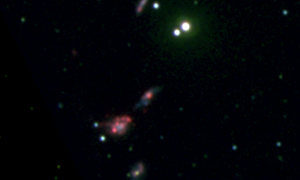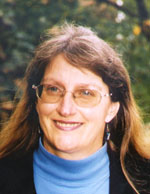April 12, 2016, 7:30PM, University of Victoria, Elliott Building Lecture Wing Room 167 – RASC Victoria Centre’s monthly meeting
“Dark matter: Small scales, big problems” – Kyle Oman, PhD candidate, UVic

Abstract:
There are several lines of evidence pointing to the existence of an as yet elusive dark matter which is more abundant in the Universe on average than the ordinary stuff of gas, stars and planets. Despite the lack of a plausible particle candidate, the LCDM cosmological theory has been remarkably successful in describing the large scale structure of the Universe. The biggest current challenges to this theory are manifest on the scale of dwarf galaxies. How can we measure a substance we cannot see? What can a handful of puny nearby galaxies tell us about the Universe as a whole? These are the questions I’m tackling with the help of the cutting-edge APOSTLE cosmological simulation suite and observations taken on the Very Large Array in New Mexico.
Bio:
Kyle Oman is a PhD candidate at the University of Victoria. He has worked on topics in theoretical extragalactic astronomy ranging from the smallest dwarf galaxies to the largest galaxy clusters. He completed his BSc and MSc at the University of Waterloo.
